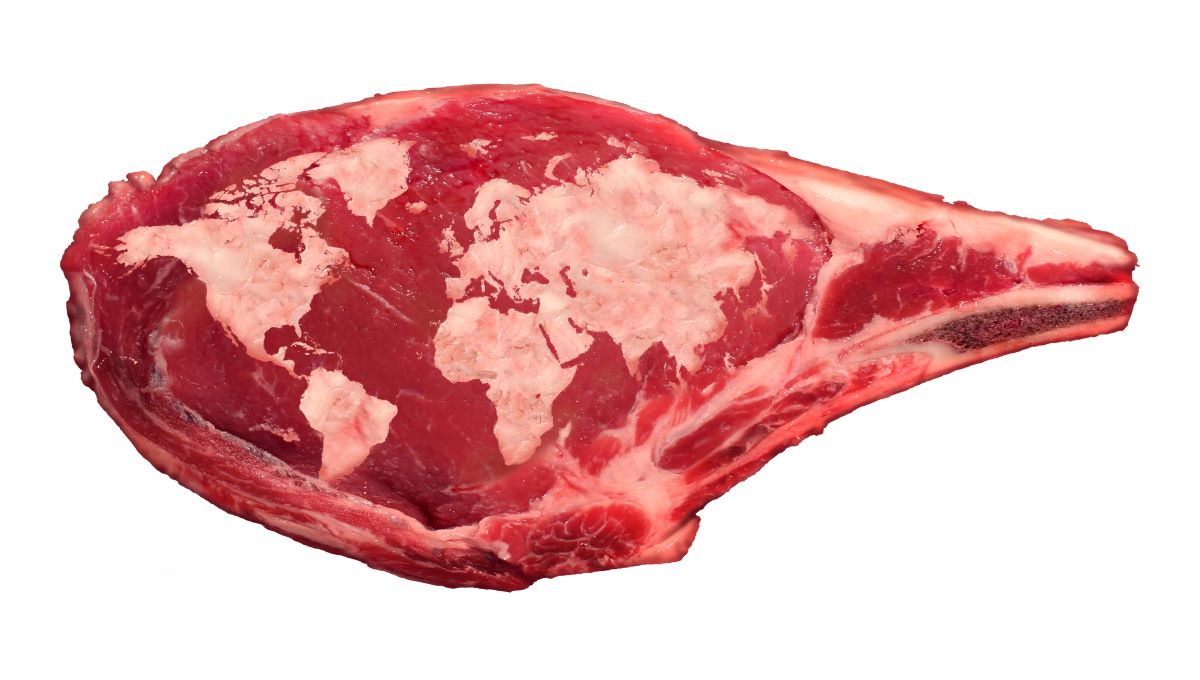
An audit in Iceland has found the country has strengthened import controls for food of animal origin but there is still room for improvement, according to a recent report. Iceland is part of the European Free Trade Association (EFTA). The EFTA Surveillance Authority (ESA) monitors how the country implements European Economic Area (EEA) rules on food and feed safety, animal health, and welfare.
The audit in September 2024 verified compliance with legislation on official controls for imports of products of animal origin, composite products, and live aquaculture animals from countries outside the EEA. It revealed improvements in Iceland’s control system since the last assessment in 2017. However, ESA identified some challenges regarding the accurate identification and notification of consignments, which compromised overall effectiveness.

Limitations with documented procedures and processes for re-entry and follow-up of goods were noted. Skipping border controls The ESA said a lack of documented procedures can lead to inconsistency and errors in official controls and increases the risk of unsafe products being placed on the market. The fact that follow-up is not always done on consignments going to a controlled destination reduces effectiveness of the system and increases the risk that returned shipments are treated incorrectly.
The Icelandic Food and Veterinary Authority (MAST) has access to the Tollalínan database, where it is possible to view consignments that have been customs cleared. Three of four lists reviewed contained irregularities that indicated consignments had been released without having the necessary controls by MAST at border control posts (BCP). One case involved 14 shipments of meat in 2024 from the United States that were not presented for official control.
MAST had informed the related company in 2022 that a previous special exemption was no longer valid. However, that decision was not reflected by customs in Tollalínan and the consignments were not flagged for control. The company had told their supplier of the decision and meat which was subsequently imported was subjected to checks by MAST.
However, when the company changed supplier, the previous procedure was re-established. MAST said it was working with customs to create a connection between the customs system and the MAST database so that it will not be possible to clear consignments without a valid MAST permit number. A deadline for compliance has been set for November 2025.
The code used in the above case was only issued for a single type of product for one company — the airport kitchen producing meals for planes traveling to the United States. The operator was informed that all consignments originating in other countries need to arrive with a health certificate, TRACES registration and BCP inspection. The audit team identified several documented procedures that were missing or had not been updated to include changes in legislation.
In one example, there were no written procedures for designating BCPs or inspection centers. This meant changes to an existing BCP were not notified to ESA until about six months after the refurbished BCP began operating. MAST said written procedures will be developed in line with the regulations and incorporated as a separate section in the quality manual covering the operation of border control posts.
Auditors noted, based on the data provided, that sampling and laboratory tests were not always done in accordance with the monitoring plan for 2023. MAST said the main reason for fewer samples than planned was the low import volumes. Samples taken for official control were not always sealed to prevent tampering.
(To sign up for a free subscription to Food Safety News, click here .).















